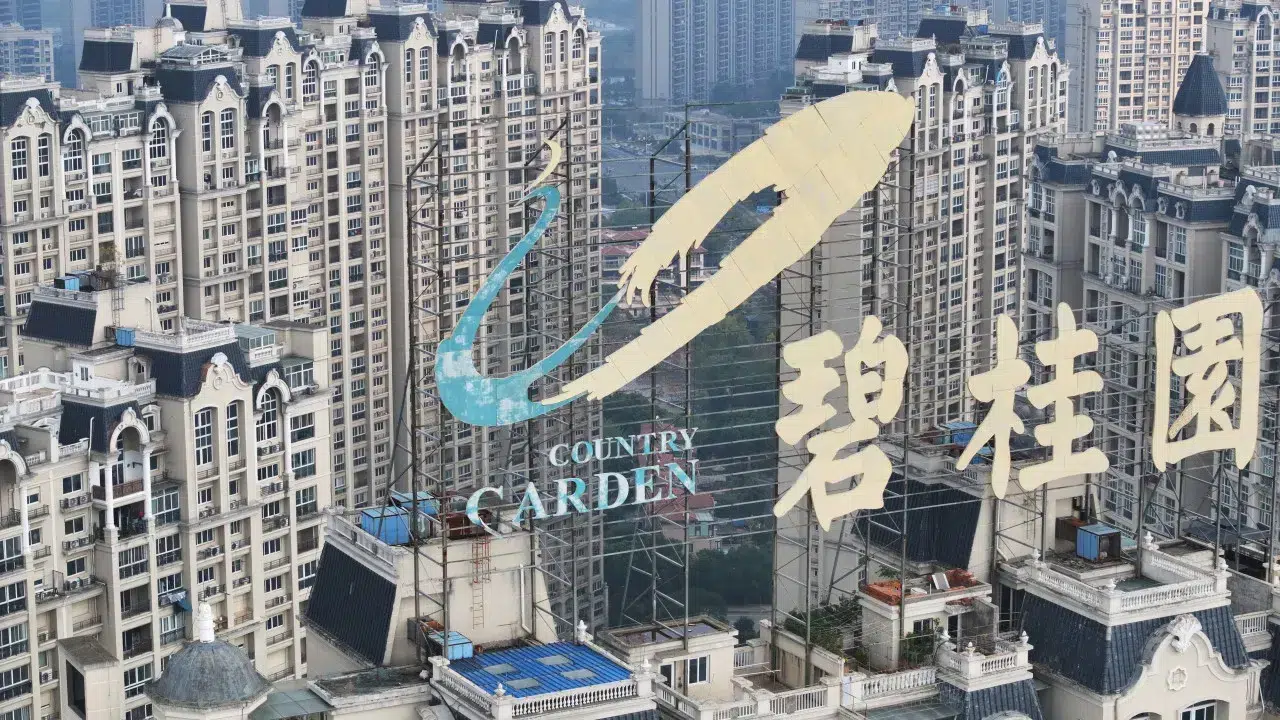
The largest real estate developer in China from 2017 to 2022, has secured 77% support from bondholders for a restructuring proposal valued at approximately $14.1 billion (€12.1 billion), surpassing the typical three-quarters majority needed for such initiatives.
“The company (…) remains committed to completing the proposed restructuring by the end of 2025,” stated the developer in a communication sent Monday night to the Hong Kong Stock Exchange, where it is listed.
Although Country Garden acknowledges the goal as “ambitious” and asserts that it will “not underestimate the challenges,” it considers it “achievable” with creditor support.
The developer’s shares rose 4.21% around 11:00 local time (03:00 GMT).
The agreement comes four months after another deal was made with a major group of bondholders, who controlled nearly a third of this category of debt traded in foreign markets.
In early August, the real estate giant secured a new extension, now until January 5, 2026, of a Hong Kong court hearing regarding a liquidation request filed against it by a creditor, a scenario similar to those faced by other prominent sector players, such as Evergrande, which was the second-largest real estate developer in China before its collapse in 2024.
Country Garden, once considered one of China’s best-managed real estate developers, defaulted in October 2023 amid a severe liquidity crisis, accumulating losses of about $30 billion (€25.74 billion) over the last two fiscal years, although in 2024 it managed to reduce these losses by 82% year-on-year.
At the end of last year, the group’s liabilities stood at approximately $137 billion (€117.53 billion), which was still 18% lower than at the end of 2023.
The financial situation of many Chinese developers deteriorated after Beijing announced restrictions in August 2020 on access to bank financing for developers with high debt levels, including Evergrande, which then had liabilities of nearly $330 billion (€283.11 billion at the current exchange rate).
In response, Beijing announced several support measures, with state banks also opening multi-billion credit lines to various developers. These developers were prioritized to complete pre-sold projects, a significant concern for the Asian giant due to implications for social stability, as housing is one of the primary investment vehicles for Chinese families.
However, the market is not responding: commercial sales measured by land area fell by 24.3% in 2022, another 8.5% in 2023, and 12.9% in 2024.




